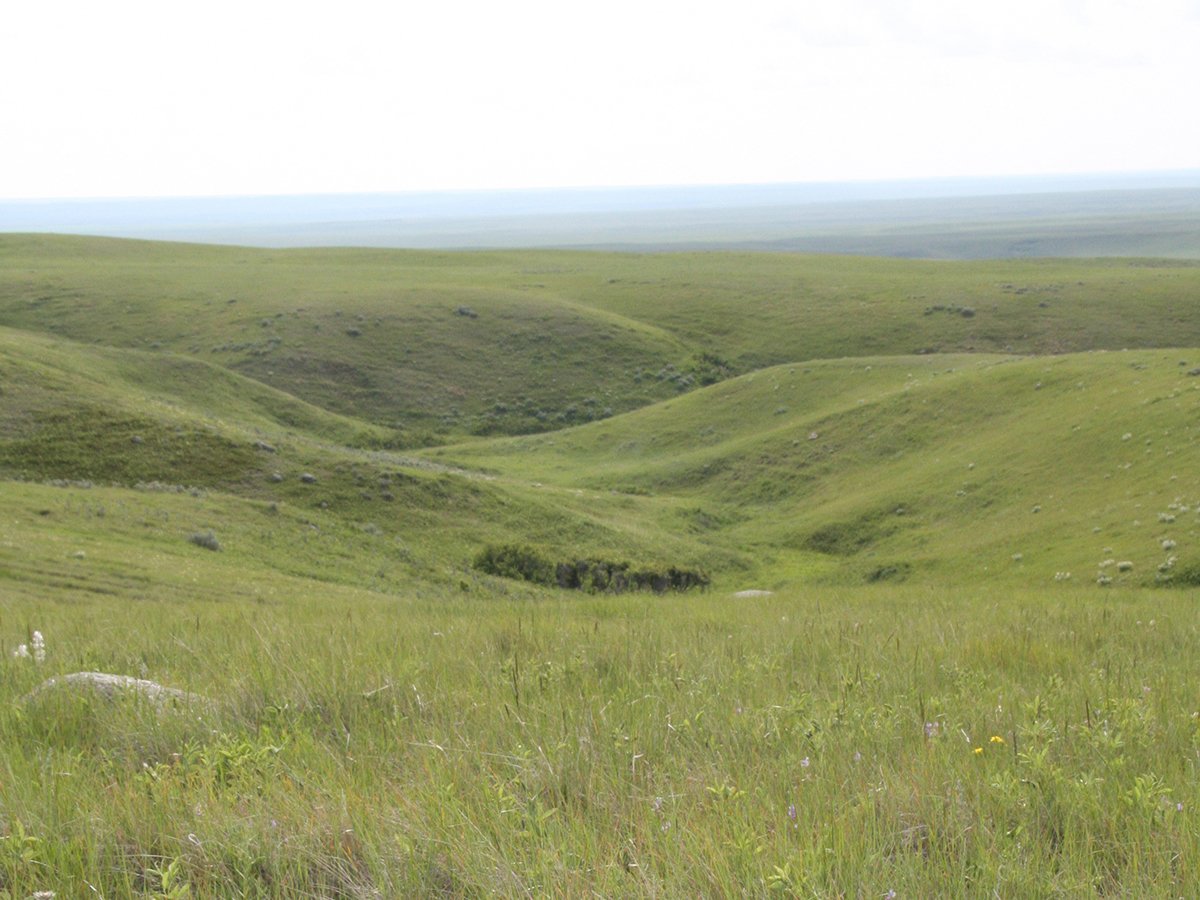Traditional methods of standing behind pigs to get them to move forward are the biggest barriers to successful handling, said a Saskatchewan trainer.
Nancy Lidster of DNL Farms has offered low stress pig handling workshops to those working with pigs in trucking, packing plants and barns. She believes in leading pigs, not prodding or pushing them.
“If we work in front of or beside them, we can get them to flow around us,” she said.
Lidster believes people have to understand pigs and work with their behaviour rather than fight it.
Read Also

Alberta irrigation project on grasslands approved
Environmental concerns raised by Alberta conservation groups over irrigation expansion project within rural municipality
Pigs find safety in a group and away from the handler and will circle around to get away.
Crowding or bunching up can cause them to freeze in their tracks and refuse to move.
“It’s a matter of understanding that if you get them moving, keep them moving,” she said.
Lidster said the animals pick up on handler stresses like rushing and impatience on market days, with handlers’ actions often causing animals to stop or move in the wrong direction.
Lidster said it’s important to allow pigs some freedom to move on their own, without prodding.
She compared the use of prods to a human being tapped on the shoulder. People react to that and so do pigs, she explained.
Tools like shakers, prods, chase boards and slappers can be used humanely and effectively just as easily as they can be misused to make life harder for pigs and handlers, said Lidster.
Instead of such devices, she encouraged handlers to use their position and pressure, which includes body language, and keep herd behaviours in mind.
“If a prod is used regularly, they are doing something wrong and need to make corrections to that,” she said. “It’s not a happy healthy productive situation when handlers have to rely on that.”
People likely use the prod because they have run out of options and most are relieved to find alternative ways to keep pigs moving.
Lidster believes low stress handling techniques save time and labour, create more contented workers and minimize any challenges on animal welfare issues.
“It improves everybody’s welfare,” she said.
She and her husband Don closed down their own swine operation in 2001 at White Fox, Sask., to run livestock handling and training programs full time.
Lidster said the training came out of the family’s own frustrations in the barn.
After attending a low stress handling class for cattle, she realized much could be done to make life better for swine operators as well.
















